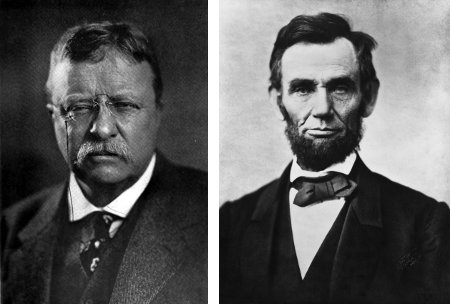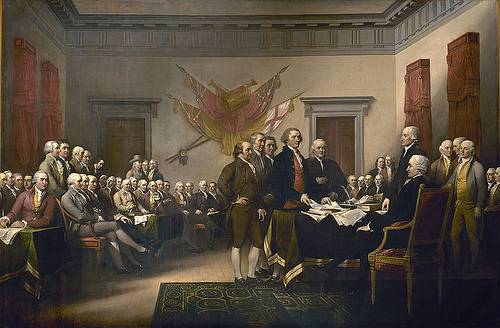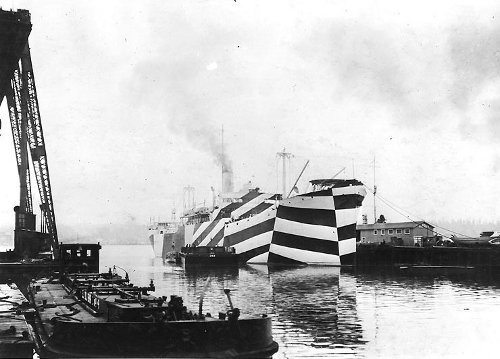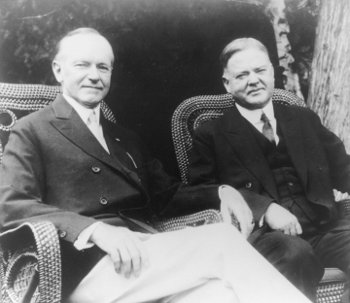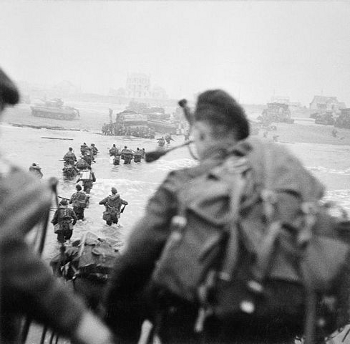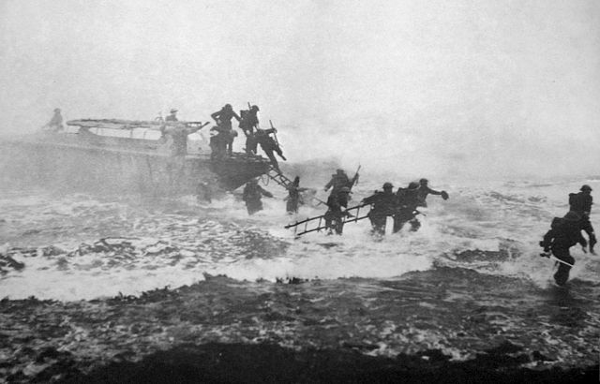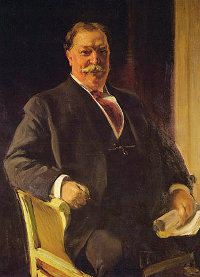In 1554 Sir James Hales drowned himself. The coroner returned a verdict of felo de se, meaning that Sir James was guilty of the felony of self-murder. His estate was forfeited to the crown, which planned to award it to one Cyriac Petit. Sir James’ widow, Margaret, contested this. So the case turned on the question whether the grounds for forfeiture had occurred during Sir James’ lifetime: Had his suicide occurred during his life, or after his death?
Margaret Hales’ counsel argued that one can’t be guilty of suicide while one is still living, practically by definition, so self-murder shouldn’t be classed as a felony: “He cannot be felo de se till the death is fully consummate, and the death precedes the felony and the forfeiture.”
But Petit’s counsel argued that part of the act of suicide lies in planning to do it, which certainly occurs during life: “The act consists of three parts: the first is the imagination, which is a reflection or meditation of the mind, whether or not it is convenient for him to destroy himself, and what way it can be done; the second is the resolution, which is a determination of the mind to destroy himself; the third is the perfection, which is the execution of what the mind had resolved to do. And of all the parts, the doing of the act is the greatest in the judgment of our law, and it is in effect the whole.”
The court ruled for Petit, finding that Sir James had killed himself during his lifetime: “The forfeiture shall have relation to the time the original offence began which caused the death, and that was the throwing himself into the water, which was done in his lifetime and this act was felony. That which caused the death may be said to be feloniously done. The felony is attributed to the act, which act is always done by a living man; for, Brown said, Sir James Hales was dead, and how came he by his death? It may be answered by drowning; and who drowned him? Sir James Hales; and when did he this? It can be answered, in his lifetime. So that Sir James Hales being alive caused Sir James Hales to be dead, and the act of the living man caused the death of the dead man.”
The case is remembered, and not charitably, in the churchyard scene in Hamlet:
First Clown: Give me leave. Here lies the water; good: here stands the man; good; if the man go to this water, and drown himself, it is, will he, nill he, he goes,–mark you that; but if the water come to him and drown him, he drowns not himself: argal, he that is not guilty of his own death shortens not his own life.
Second Clown: But is this law?
First Clown: Ay, marry, is’t; crowner’s quest law.
